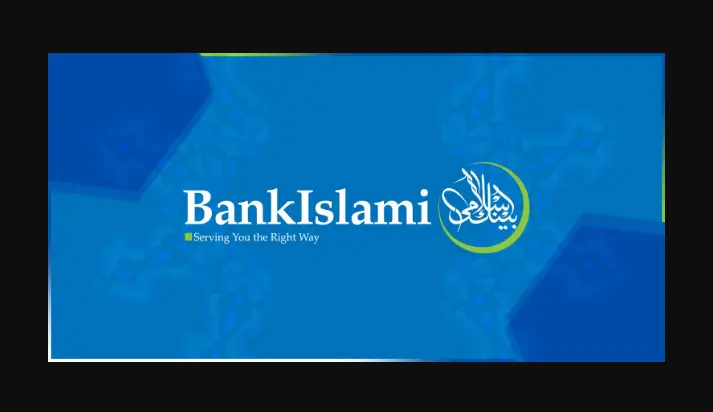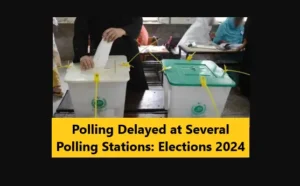Islamic Bank Assets Records Over Rs8 Trillion
Islamic Banking in Pakistan: Soaring Growth Reflects Growing Acceptance and Appeal
Pakistan’s Islamic banking industry is on a remarkable upward trajectory, witnessing a significant rise in asset value and deposits.
Here’s a concise overview of the impressive progress:
- Asset Value: From a mere Rs. 1.5 trillion in September 2022, the industry’s assets skyrocketed to Rs. 8.417 trillion by September 2023, marking a staggering growth of over 560%.
- Deposits: Following a similar trend, deposits also surged past the Rs. 6 trillion mark to reach Rs. 6.160 trillion by September 2023, reflecting an increase of more than Rs. 1.1 trillion compared to the previous year.
- Market Share: This phenomenal growth has translated into a substantial increase in the industry’s market share within the overall Pakistani banking sector. By September 2023, IBI held a 19.6% share of total banking assets and a 22.5% share of total deposits, highlighting its growing importance and acceptance.
Read More: Telenor Microfinance Bank & easypaisa Unaffected by Telenor Pakistan Sale to PTCL
This significant surge in asset value, deposits, and market share demonstrates the increasing appeal of Islamic banking principles in Pakistan.
The industry is clearly responding to the evolving needs and preferences of the population, offering ethical and Shariah-compliant financial solutions that are resonating with a wider audience.
The past year (September 2022 to 2023) has seen significant strides in Pakistan’s Islamic banking industry, showcasing potential and facing challenges:
Upward Trends:
- Branch Network Expansion: The number of IBI branches jumped by 475, reaching 4,666, reflecting increased customer demand and business growth.
- Investment Boom: IBI investments surged past Rs. 3 trillion, fueled by a Rs. 1.1 trillion increase, thanks to attractive profit rates compared to conventional options.
- Government Interest: Sukuk issuances by the government for budgetary needs grew, reflecting their preference for IBI’s cost-effectiveness.
Challenges and Considerations:
- Slow Financing Growth: Despite the overall expansion, IBI financing lagged behind, growing by a mere 1.3% to Rs. 3.02 trillion. This raises concerns about customer reluctance due to potentially high-profit rates and the economic slowdown.
- Delinking KIBOR: The regulator responded to IBI requests by delinking KIBOR for Islamic banks, aiming to tailor services to specific customer needs.
Moving Forward:
The Islamic banking industry in Pakistan exhibits clear potential but faces crucial challenges. Addressing concerns about profit rates and providing attractive financing options remain key to stimulating further growth and attracting wider customer participation.
Additionally, continued collaboration between government, financial institutions, and regulators is essential to create a favorable ecosystem for IBI’s future success.
Note: The information above might not be accepted 100%. Please verify from your own sources. We will not be responsible for any kind of loss due to our content.
For more news, please visit Munafa Marketing.




